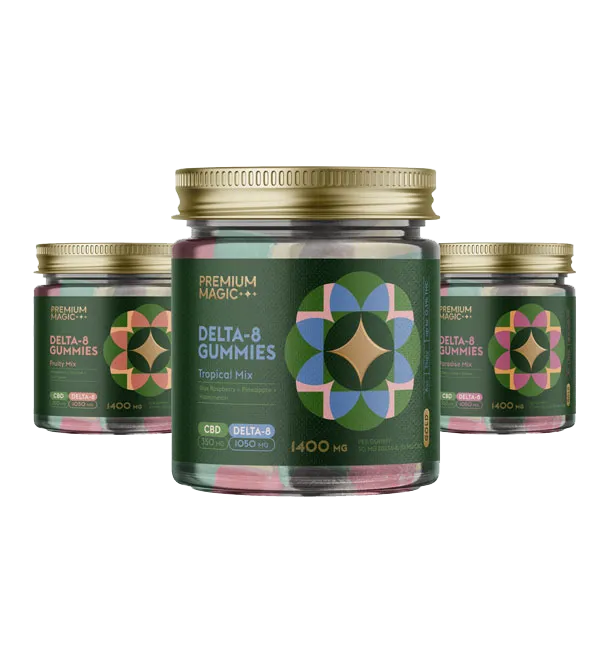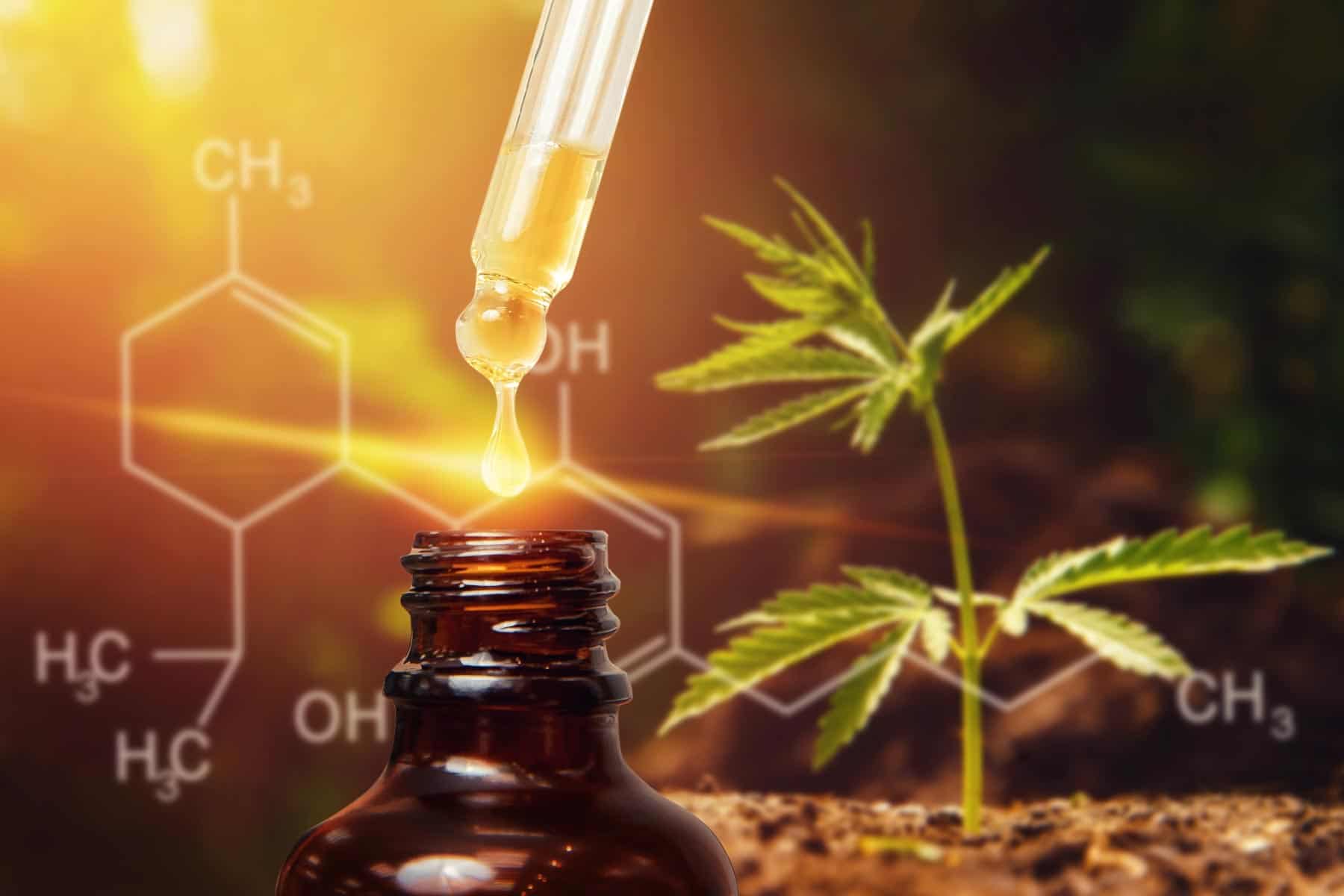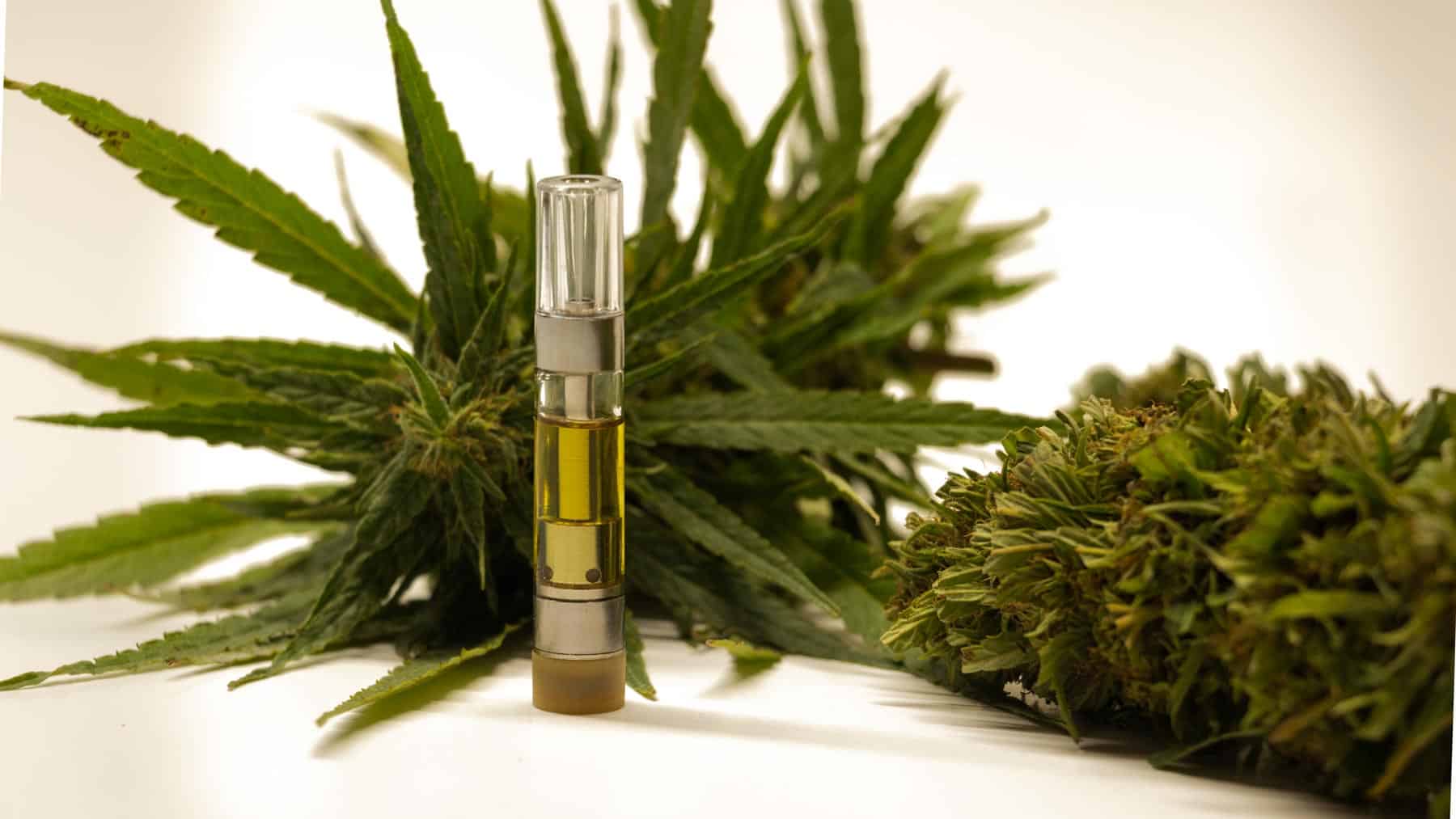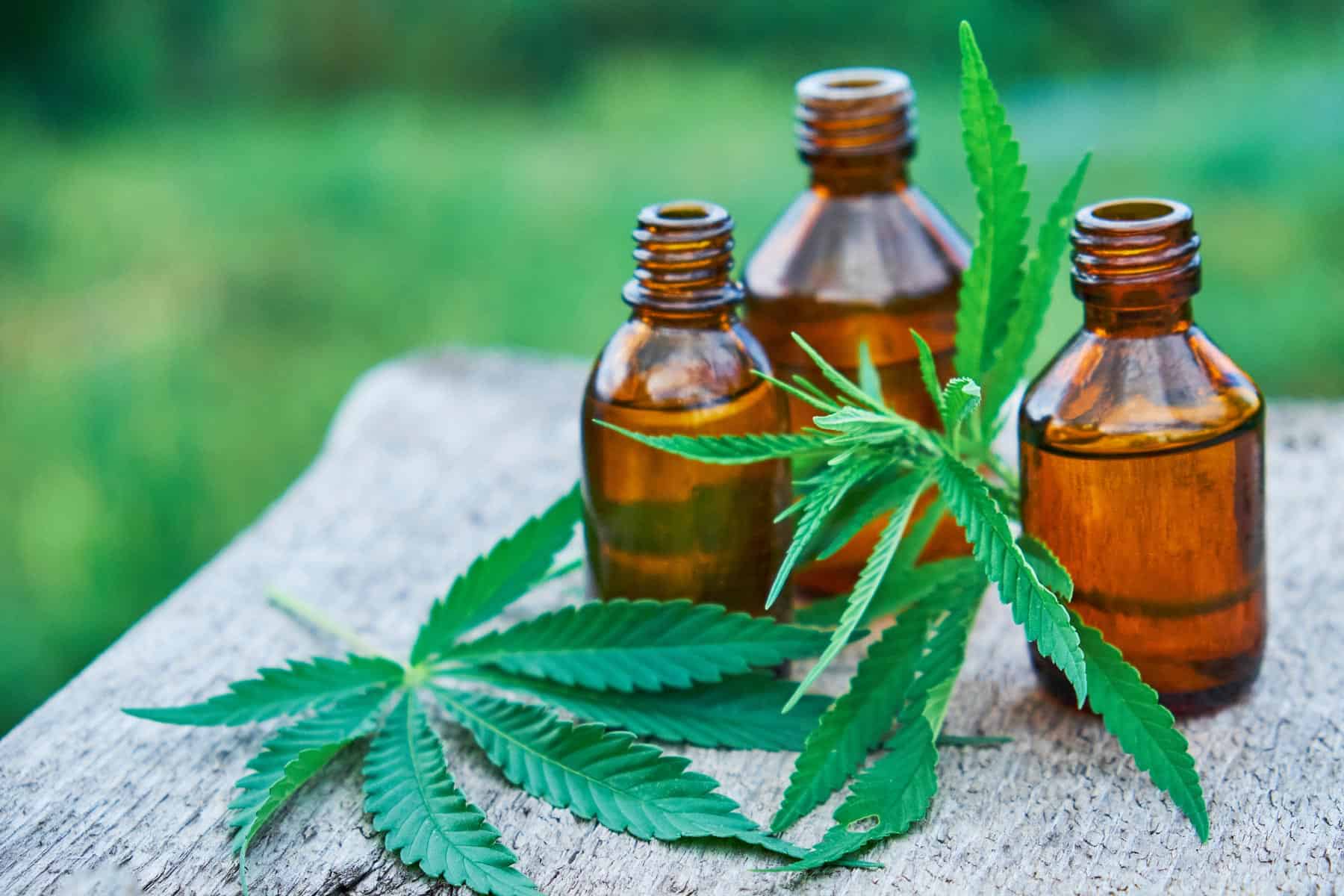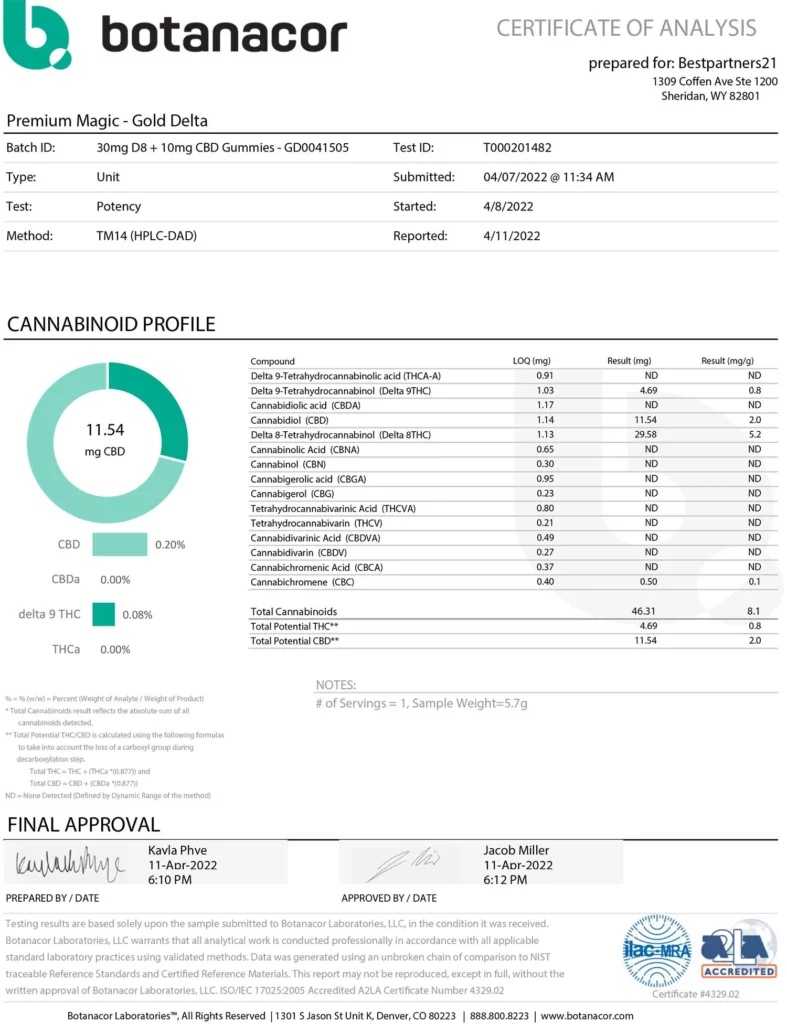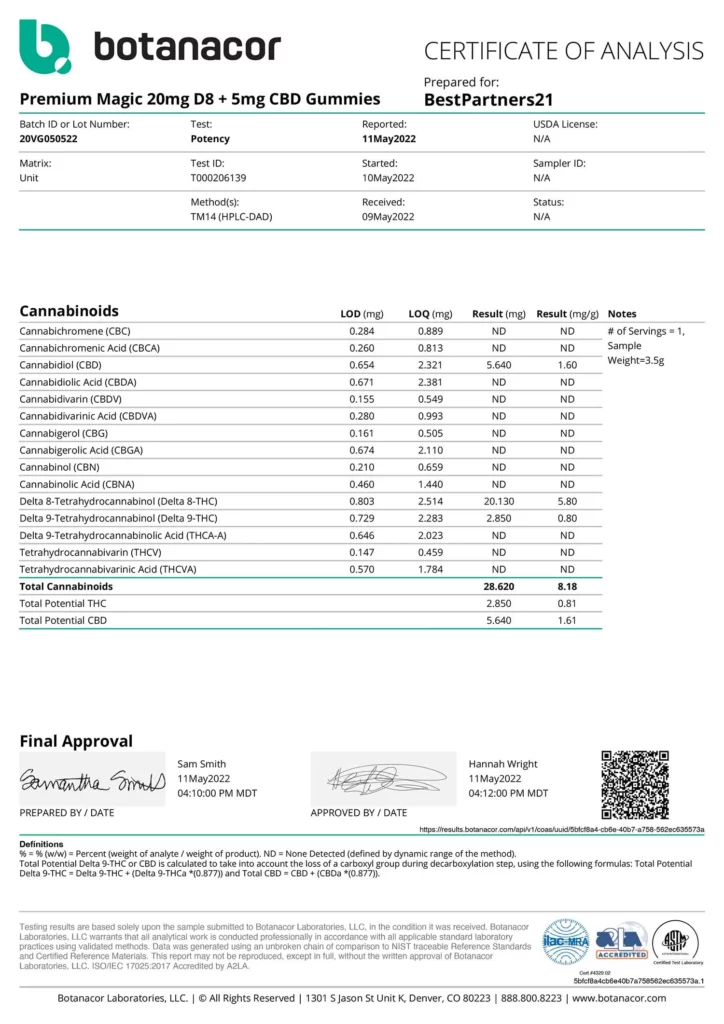
What is the Endocannabinoid System and How Does CBD Oil Interact with it?

Introduction to the Endocannabinoid System
The Endocannabinoid System (ECS) is a complex cell-signaling system that plays a crucial role in maintaining homeostasis within the body. This system is responsible for regulating a wide range of physiological and cognitive processes, such as pain, mood, appetite, sleep, and memory.
Understanding the ECS and how it interacts with different compounds, including CBD oil, is crucial for understanding the potential health benefits of cannabinoids.
Components of the Endocannabinoid System
The ECS consists of three main components: endocannabinoids, receptors, and metabolic enzymes. Endocannabinoids are naturally occurring compounds similar in structure to the cannabinoids found in the Cannabis sativa plant.
These compounds, such as anandamide and 2-arachidonoylglycerol (2-AG), are synthesized on demand and act as signaling molecules to modulate various physiological functions.
The receptors for endocannabinoids are primarily CB1 and CB2. CB1 receptors are predominantly expressed in the central nervous system, while CB2 receptors are found primarily in the peripheral nervous, immune, and digestive systems.
The metabolic enzymes, such as fatty acid amide hydrolase (FAAH) and monoacylglycerol lipase (MAGL), are responsible for breaking down endocannabinoids once they have fulfilled their purpose.
What does CBD oil do when it interacts with the Endocannabinoid System?
Cannabidiol (CBD) is one of the many cannabinoids found in the Cannabis sativa plant. Unlike tetrahydrocannabinol (THC), the main psychoactive compound in marijuana, CBD does not produce a “high” or alter consciousness in any significant way. Instead, CBD oil is known for its potential therapeutic benefits, including reducing anxiety, improving sleep, and reducing inflammation.
Now let’s explore what does CBD do when it interacts with ECS.
CBD oil interacts with the ECS by modulating the activity of the CB1 and CB2 receptors. Unlike THC, which has a high affinity for the CB1 receptors and can stimulate their activity, CBD oil does not bind directly to the CB1 receptors. Instead, it appears to modulate the activity of the CB1 receptors indirectly by decreasing the breakdown of endocannabinoids such as anandamide.
In addition to interacting with the CB1 and CB2 receptors, CBD oil has also been shown to interact with other receptors in the body, including the serotonin receptors, the vanilloid receptors, and the GPR55 receptors. This broad range of interactions helps to explain the wide range of potential therapeutic benefits associated with CBD oil.
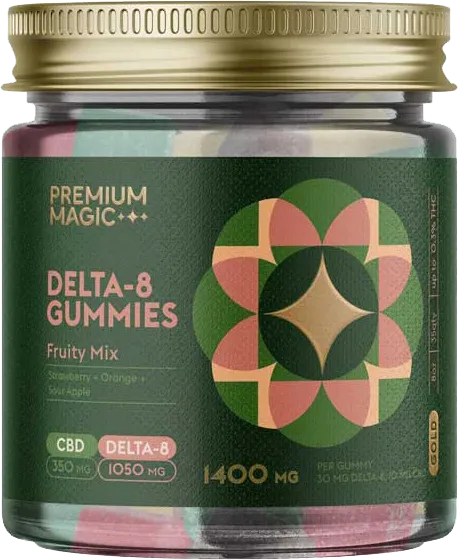
Delta-8 Gummies – Gold Fruity Mix
Original price was: $82.99.$38.99Current price is: $38.99.
Or Subscribe and Save 30%
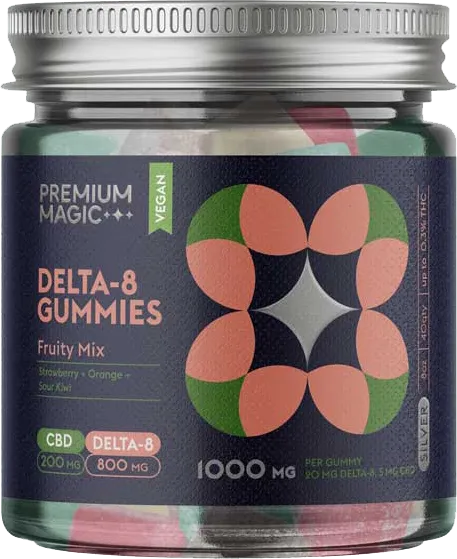
Silver Fruity Mix
Original price was: $68.99.$33.99Current price is: $33.99.
Or Subscribe and Save 30%
Consuming CBD
CBD can be consumed in many forms, including oil, tinctures, edibles, and topicals. The most popular form of CBD consumption is oil, which can be taken orally or added to food or drinks. Tinctures are another popular option, as they offer the convenience of a dropper for precise dosing.
Edibles, such as CBD gummies or chocolates, are a fun way to consume CBD and are available in a wide range of flavors. Topicals, such as creams or lotions, are used for localized pain and skin conditions.
Delta-8 THC: A Newer Cannabinoid
Delta-8 THC is a newer cannabinoid that is becoming increasingly popular due to its unique effects. Unlike delta-9 THC, the main psychoactive compound in marijuana, delta-8 THC has a lower psychotropic potency, meaning that it is less likely to produce a “high”. This makes delta-8 THC an attractive option for those looking for the therapeutic benefits of THC without the psychoactive effects.
Delta-8 THC works by interacting with the CB1 receptors in the same way that delta-9 THC does, but with a lower affinity. This means delta-8 THC may have some of the same therapeutic benefits as delta-9 THC but with a milder effect. Some potential benefits of delta-8 THC include reducing anxiety, improving mood, and reducing pain.
When it comes to consuming CBD or delta-8 THC, it is important to consider safety and dosage. Both CBD and delta-8 THC is considered safe, and there have been no reports of significant adverse effects associated with their use. However, as with any new supplement, starting with a low dose is always best while gradually increasing it as needed.
Wrapping Up
Overall, the ECS and the interaction between cannabinoids such as CBD oil and delta-8 THC are fascinating and promising areas of research, and there is much more to be learned about the potential therapeutic benefits of these compounds. As more research is conducted, we will have a better understanding of how to harness the power of the ECS and cannabinoids to improve our health and well-being.
